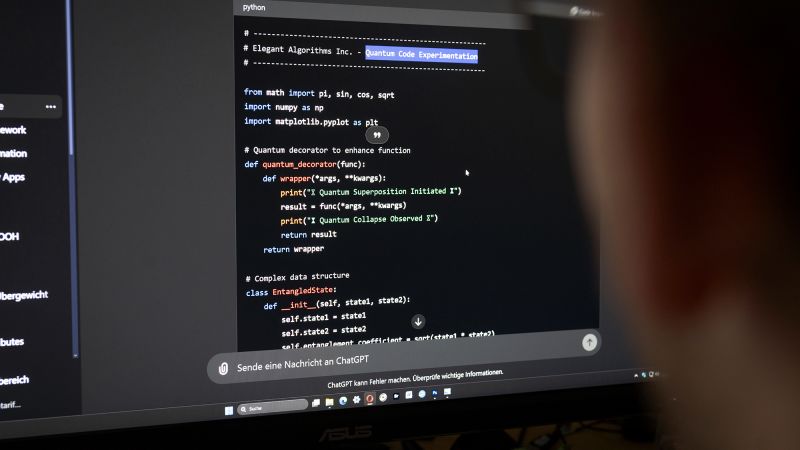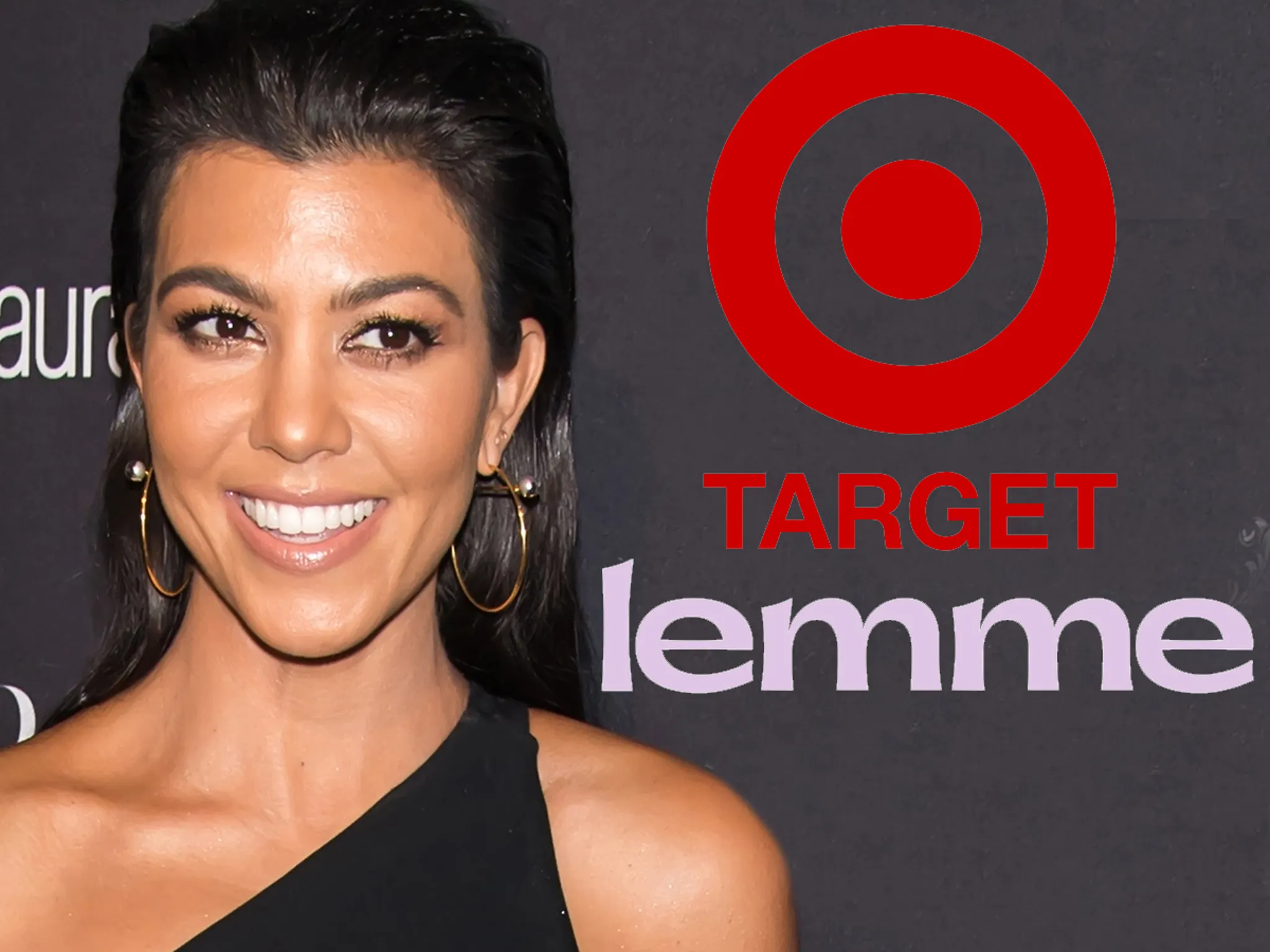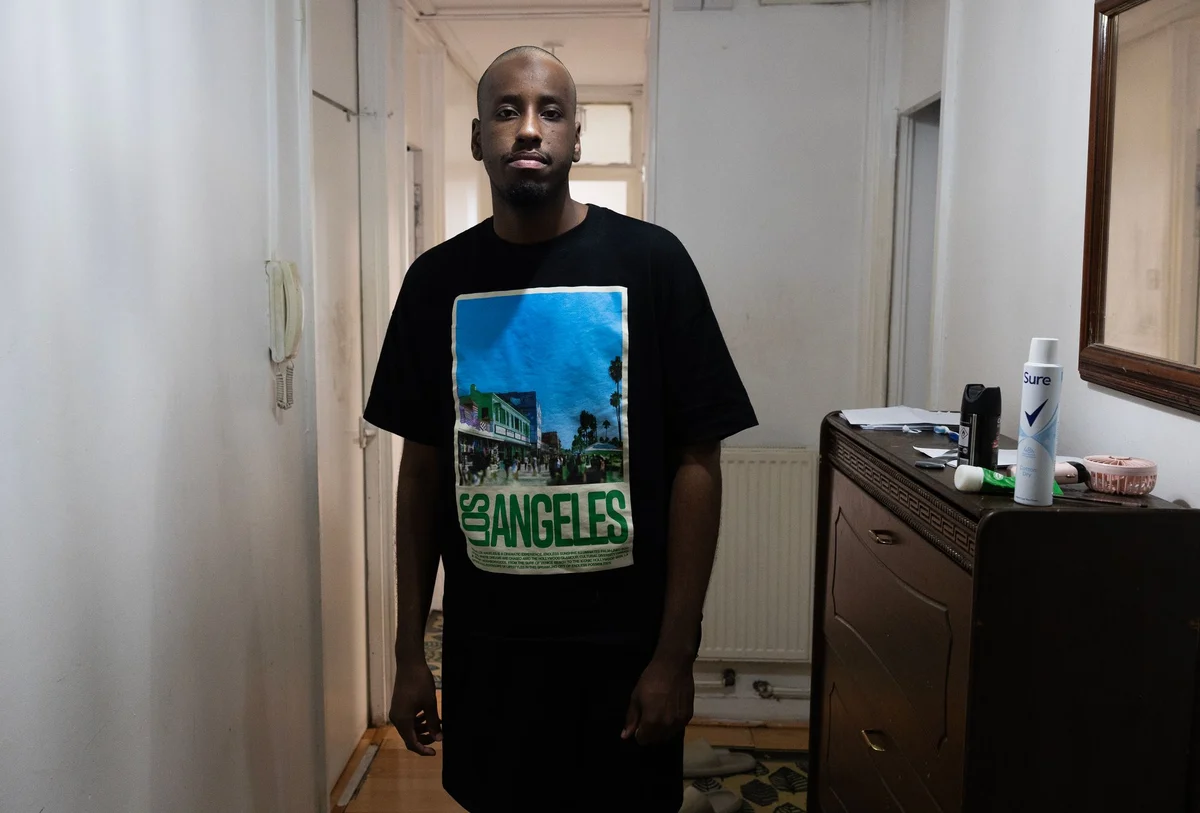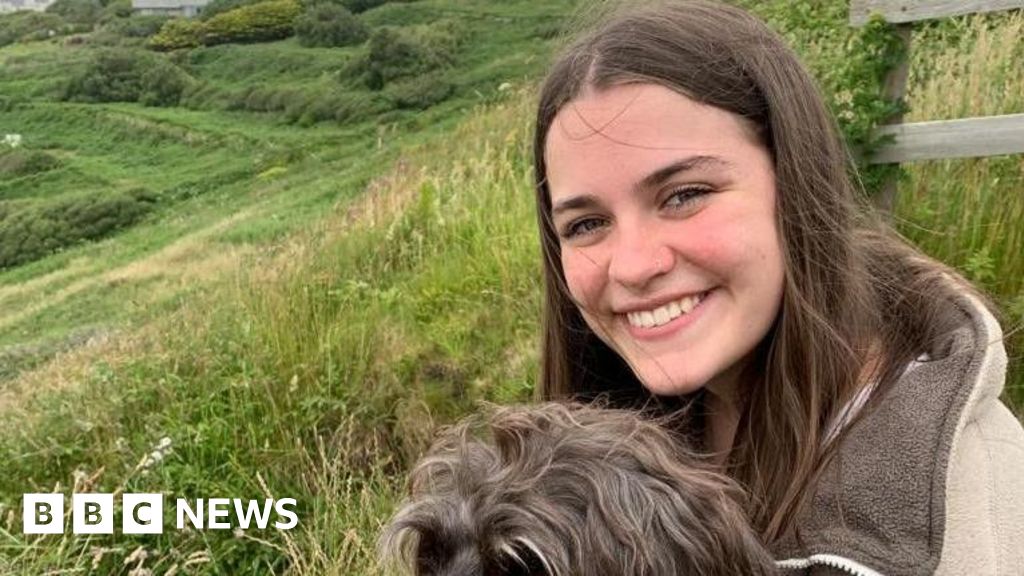Copyright Cable News Network

“Vibe coding,” a form of software development that involves turning natural language into computer code by using artificial intelligence (AI), has been named Collins Dictionary’s Word of the Year for 2025. Overall, terms that describe humans’ relationship with technology feature prominently on this year’s list. Although obviously two words, “vibe coding” was chosen by the UK-published dictionary at a time when AI plays an increasing role in our daily lives. As Collins’ definition states, “vibe coding” is “the use of artificial intelligence prompted by natural language to assist with the writing of computer code.” Or, as a blog post on the dictionary’s website explains: “Basically, telling a machine what you want rather than painstakingly coding it yourself.” The term was coined by AI pioneer Andrej Karpathy, former director of AI at Tesla and founding engineer at OpenAI, to describe creating an app with the help of AI while being able to “forget that the code even exists.” Lexicographers at Collins Dictionary monitor the Collins Corpus, a database of 24 billion words that draws from a range of sources including social media. They used this information to compile the annual list of new and notable words. “The selection of ‘vibe coding’ as Collins’ Word of the Year perfectly captures how language is evolving alongside technology,” Alex Beecroft, managing director of Collins, said in a press release Thursday. “It signals a major shift in software development, where AI is making coding more accessible. The seamless integration of human creativity and machine intelligence demonstrates how natural language is fundamentally changing our interaction with computers.” “Vibe coding” was not the only tech-related term to make the shortlist. “Clanker” is another one, though it takes a far less rosy view of AI. That word, in British English, is a derogatory term for a robot, computer or a type of AI, originating from “Star Wars: The Clone Wars.” “Broligarchy,” which refers to a small clique of very wealthy men with political influence, also saw greater usage, Collins said. The dictionary’s publisher cited Mark Zuckerberg, Jeff Bezos, Elon Musk and Sundar Pichai, who were high-profile attendees of US President Donald Trump’s inauguration this year, as examples. Someone not quite as wealthy as these tech bros may be labeled “Henry,” another of the shortlisted words, which is an acronym for “high earner, not rich yet.” Other work-related terms that made it onto the shortlist were “taskmasking” and “micro-retirement.” The former is defined as “the act of giving a false impression that one is being productive in the workplace,” while the latter is a “break taken between periods of employment in order to pursue personal interests.” Another way to improve your quality of life is through “biohacking,” which involves “altering the natural processes of one’s body in an attempt to improve one’s health and longevity.” Taking a “coolcation” is less about showing off on social media and more about the environment, as the dictionary defines it as “a holiday in a place with a cool climate” – usually taken to get away from soaring temperatures back home. Other terms that have been widely searched for this year have been “glaze,” which can mean “to praise or flatter someone excessively or undeservedly,” and “aura farming,” which describes a deliberate effort to cultivate “a distinctive and charismatic persona.” The dictionary’s Word of the Year in 2024 was “brat” – someone “characterized by a confident, independent, and hedonistic attitude,” though it can also have another, less positive meaning in British English. And the year before, the accolade went to AI, which Collins said was “considered to be the next great technological revolution.”



